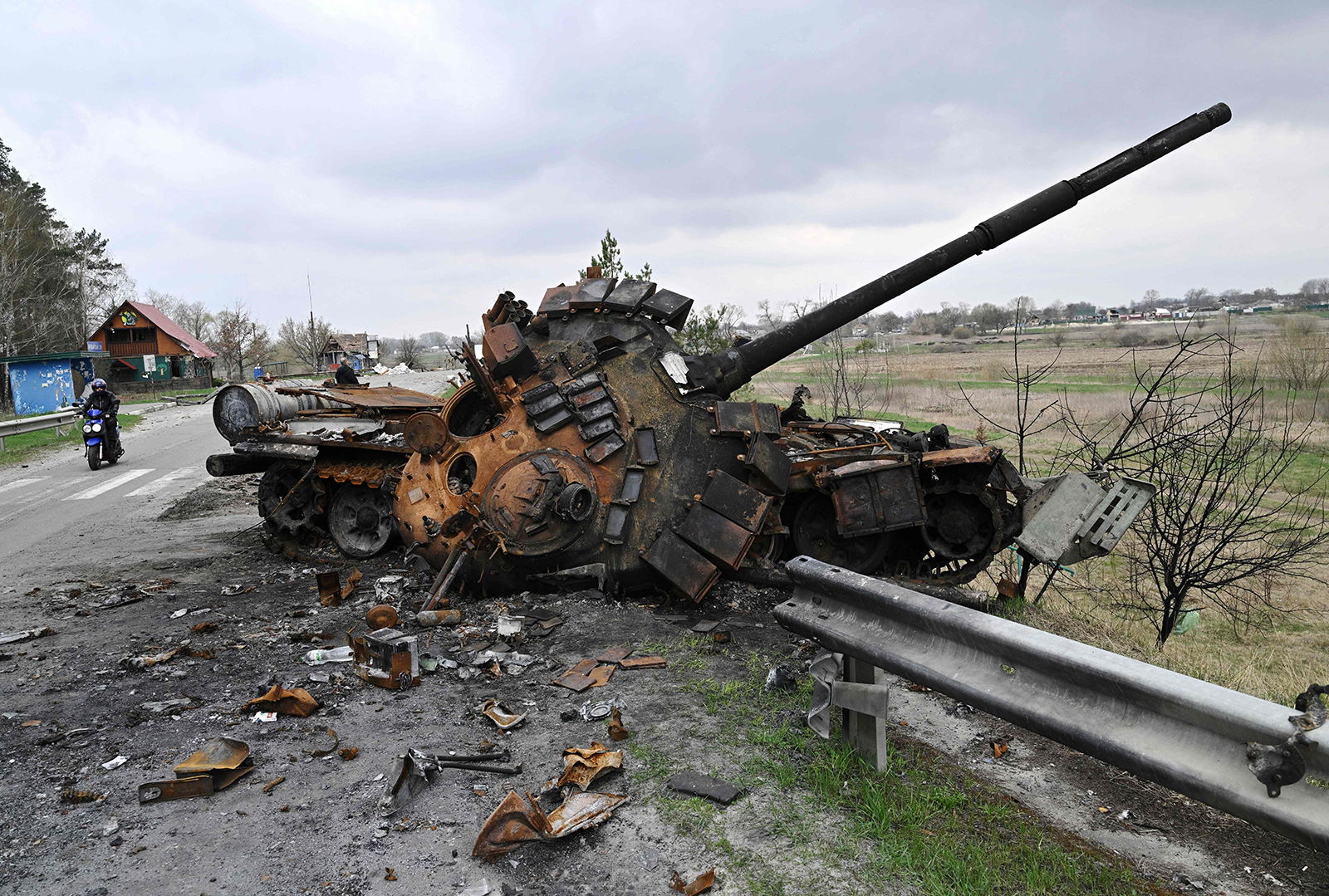Russia-Ukraine War: Russia Ukraine War Russian
Russia ukraine war russian – The ongoing Russia-Ukraine war is a complex geopolitical conflict that has significant implications for the political and military landscape of the region. The war began in 2014 with the annexation of Crimea by Russia and has escalated in recent months with the full-scale invasion of Ukraine by Russian forces.
Key Actors
The key actors involved in the conflict include Russia, Ukraine, the United States, and the European Union. Russia’s motivations for the invasion are complex and include a desire to expand its territory, secure its borders, and maintain its influence in the region. Ukraine is fighting to defend its sovereignty and territorial integrity, while the United States and the European Union are providing military and economic support to Ukraine and imposing sanctions on Russia.
Geopolitical Impact
The war has had a profound impact on the geopolitical landscape of the region. It has led to a deterioration in relations between Russia and the West, increased tensions between Russia and Ukraine, and raised concerns about the security of other countries in the region. The war has also had a significant impact on the global economy, leading to rising energy prices and disruptions in supply chains.
Humanitarian Crisis and Global Response

The Russia-Ukraine war has triggered a severe humanitarian crisis, displacing millions of civilians and leaving behind a trail of destruction. The conflict has resulted in a dire need for humanitarian assistance, with organizations and nations around the world mobilizing to provide aid and support.
The displacement of civilians has been a major concern, with millions fleeing their homes to seek safety in neighboring countries or within Ukraine itself. The United Nations High Commissioner for Refugees (UNHCR) estimates that over 10 million people have been internally displaced within Ukraine, while more than 4 million have fled to neighboring countries, primarily Poland, Romania, Hungary, and Moldova.
International Response
The international community has responded to the humanitarian crisis with a range of aid efforts and diplomatic initiatives. The United Nations, through its various agencies, has been at the forefront of providing humanitarian assistance, coordinating aid efforts and delivering essential supplies to those in need. The World Food Programme (WFP) has been providing food assistance to millions of people affected by the conflict, while the World Health Organization (WHO) has been working to ensure access to healthcare and medical supplies.
In addition to UN agencies, numerous non-governmental organizations (NGOs) have also mobilized to provide humanitarian assistance. These organizations have been working on the ground, delivering food, water, shelter, and medical care to those in need. The International Committee of the Red Cross (ICRC) has been playing a crucial role in providing humanitarian aid and facilitating the evacuation of civilians from conflict zones.
Challenges and Limitations
Providing humanitarian assistance in the conflict zone has been challenging due to the ongoing hostilities and the lack of access to certain areas. The security situation has made it difficult for aid workers to reach those in need, particularly in areas where fighting is ongoing. Additionally, the destruction of infrastructure, including roads and bridges, has hindered the delivery of aid supplies to affected communities.
Despite these challenges, humanitarian organizations have continued to provide assistance to those in need, adapting their operations to the evolving situation on the ground. Cross-border aid deliveries have been organized to reach areas that are difficult to access from within Ukraine, and local organizations have played a vital role in distributing aid to communities in need.
Economic Consequences and Global Implications

The Russia-Ukraine war has had a significant impact on the economies of Russia, Ukraine, and the global economy. The war has disrupted supply chains, led to energy market volatility, and triggered sanctions that have isolated Russia from the global financial system.
Economic Impact on Russia
The war has had a severe impact on the Russian economy. Sanctions have cut off Russia’s access to key technologies and financial markets, leading to a sharp decline in the value of the ruble and a surge in inflation. The war has also disrupted Russia’s energy exports, which are a major source of revenue for the government.
Economic Impact on Ukraine
The war has devastated Ukraine’s economy. The fighting has destroyed infrastructure, disrupted trade, and led to a sharp decline in output. The war has also caused a humanitarian crisis, with millions of people displaced and in need of food, water, and shelter.
Global Economic Impact, Russia ukraine war russian
The war has had a significant impact on the global economy. The disruption of supply chains has led to shortages of key commodities, such as wheat and oil, and has pushed up prices. The war has also contributed to global inflation, which is at its highest level in decades.
Long-Term Economic Consequences
The long-term economic consequences of the war are still uncertain. However, it is clear that the war will have a lasting impact on the global economy. The war has damaged trust between Russia and the West, and it is likely to lead to a more fragmented global economy.
Implications for Global Trade and Cooperation
The war has also raised questions about the future of global trade and cooperation. The war has shown that the global economy is vulnerable to geopolitical shocks, and it has made it more difficult to resolve trade disputes peacefully. The war has also highlighted the need for greater international cooperation to address global challenges, such as climate change and poverty.
